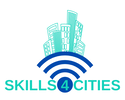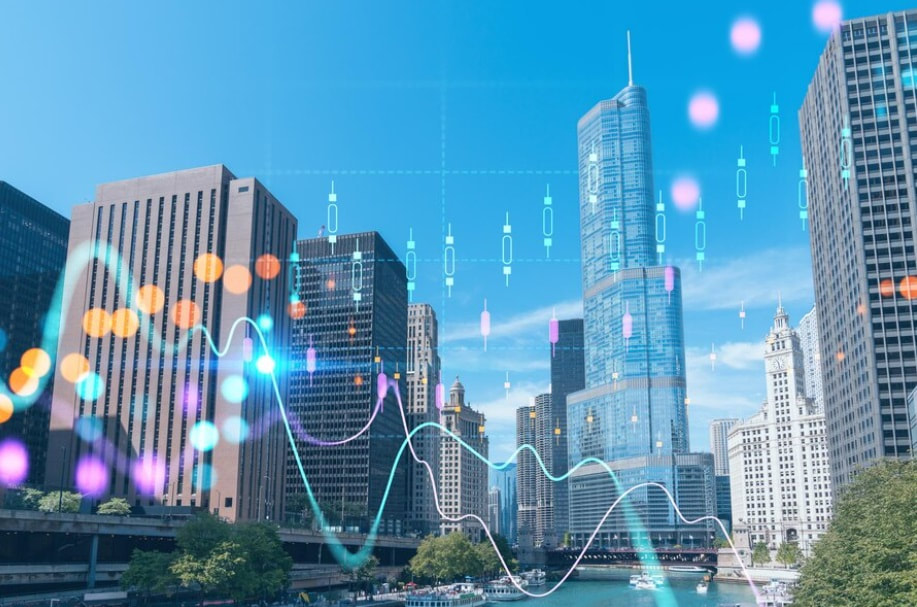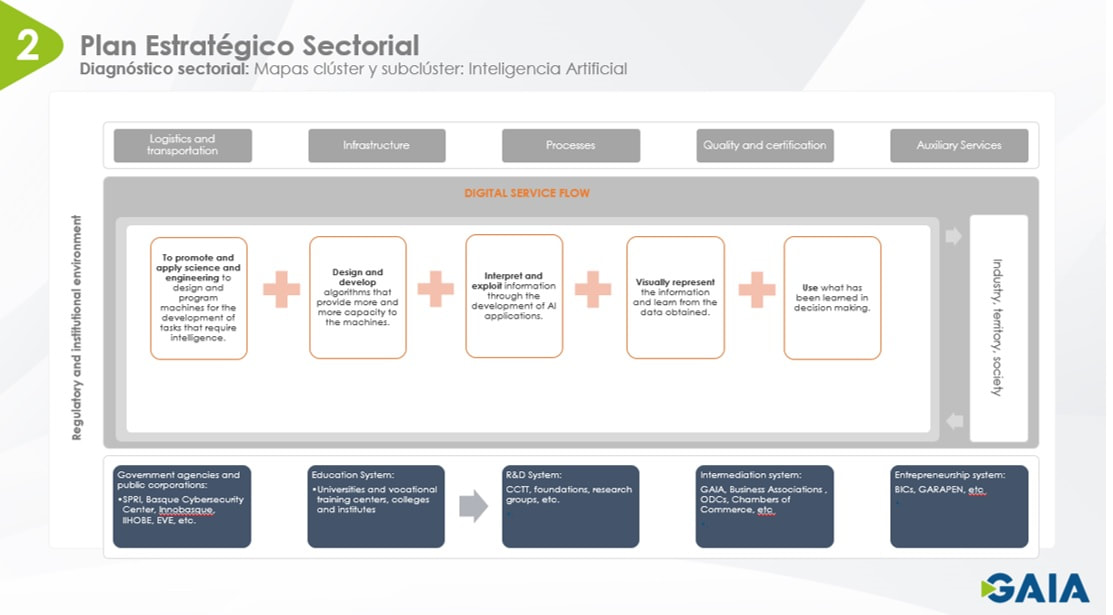|
In the Neolithic era, humans began to cultivate the land and raise animals. In this way, they began to have a somewhat more stable diet, and sedentary human groups began to emerge, which led to the formation of the first fixed settlements, around 3,000 BC. As time went by, the first cities in history began to appear in very specific geographical areas with specific natural conditions. The people who lived there were able to develop a great agricultural and manufacturing activity with innovations in sowing and production (the plough, the lathe, the wheel, the network of canals...). Little by little, people began to specialise in order to achieve improvements in production and communications, which favoured trade, while the invention of writing allowed for better accounting of economic transactions. Soon, the villages, which were somewhat primitive and unsafe, started to become real urban centres with stone buildings, avenues, etc. The appearance of these urban centres brought changes in the social and economic life of the people, in the same way, the economic activities were also changing, commerce and industry began to develop... But apart from all these economic activities, the structuring of knowledge and technology has been fundamental, which are responding to the challenges of the urban transformation processes in which cities find themselves and which are known as Smart Cities. The 21st century, and the second decade of this century, is entering its second decade, when transformations are taking place at great speed, due to the exponential development of technologies, which are changing economic and social models. In the face of these transformations, one of the objectives that we must define and address is the preservation and improvement of the life of living beings on the planet. In the case of human beings, the majority of us live in cities, cities that must expand with ethical and environmental criteria, respecting the commitments of the 2030 Agenda and the Sustainable Development Goals. Both public and private agents must ensure the sustainability and resilience of cities in order to improve the quality of life of their inhabitants. It will be essential to take advantage of renewable energy sources, to commit to sustainable electromobility, to the almost total elimination of emissions from energy generation, industry and transport. In this regard, there are several reports that bet on Artificial Intelligence (AI) as an enabling technology to achieve this goal. AI, and in particular machine learning, time series forecasting, data analytics, etc., have a crucial role to play in redesigning and rethinking cities so that the people who live in them have a better quality of life. For example, learning combined with neural networks can help us understand how buildings consume energy and recommend adjustments based on occupants' behaviour. In addition, it can also help us to automatically control the management of the water cycle, achieving its optimisation and efficiency. At GAIA, we have worked out how to incorporate AI into the different value chains of organisations. Below, we present its outline: In conclusion, we can say that it will be vital to be able to have data and carry out in-depth analyses with it, but we will have to be able to learn from it because only then will we be able to make the right decisions. With this, and with the appropriate use of AI, we will achieve a sustainable future with better living conditions for citizens and the planet.
Author @GAIA Bibliography:
|
AuthorSkills4Cities Archives
February 2023
Categories
All
|
|
The Smart Skills for Smarter Cities [Skills4Cities] Project No. 2020-1-BG01-KA202-079071 has been co-funded by the Erasmus+ Programme of the European Union.
This website reflects the views only of the author, and the European Commission cannot be held responsible for any use which may be made of the information contained therein |
SKILLS4CITIES |
SUPPORT |
Copyright ®2021 SKILLS4CITIES. All rights reserved.



 RSS Feed
RSS Feed
